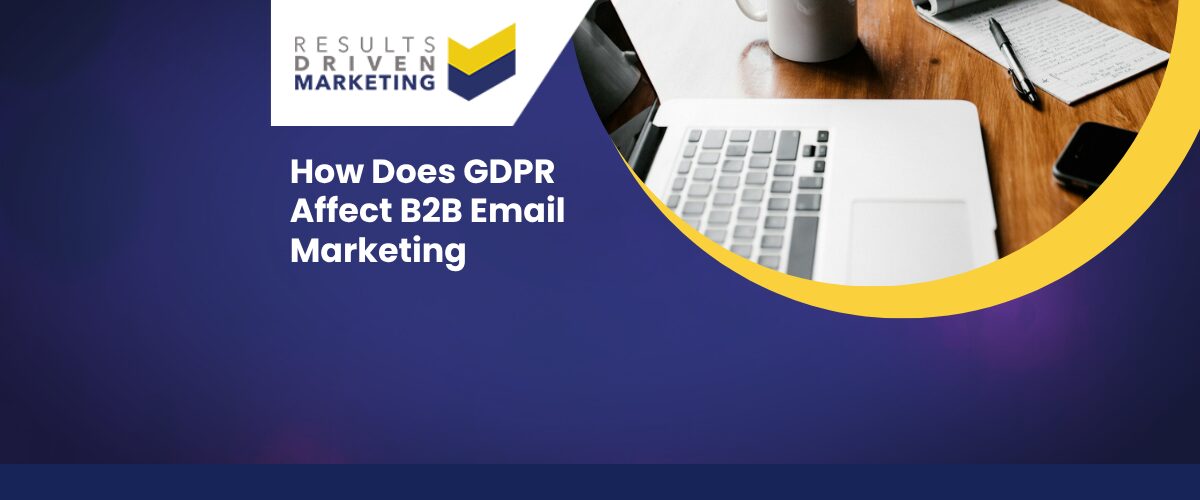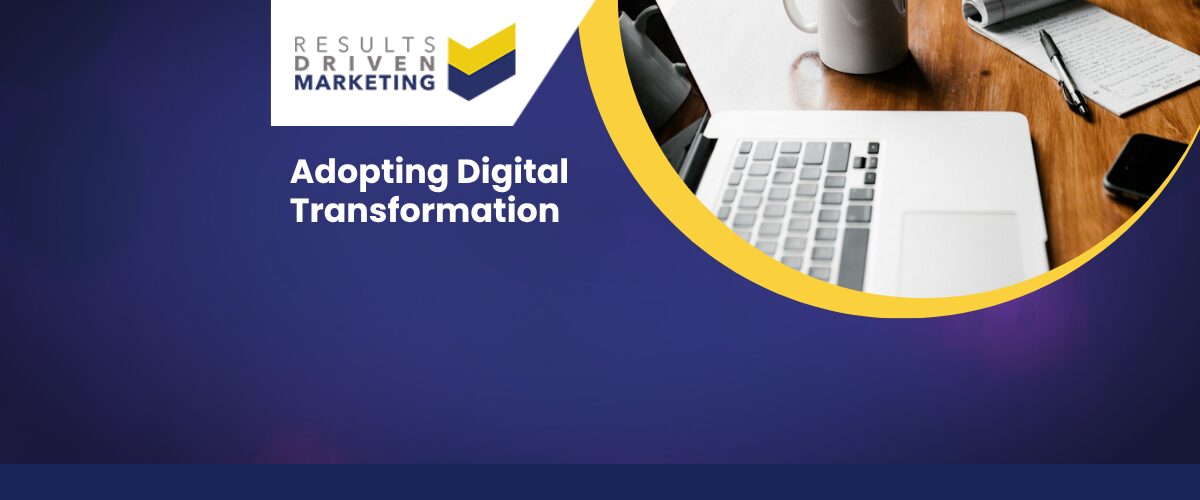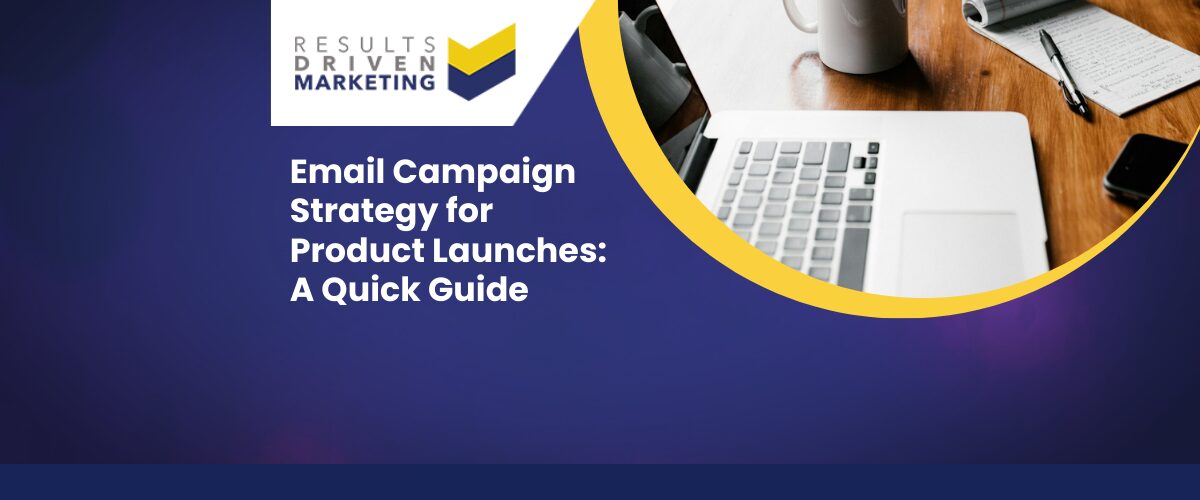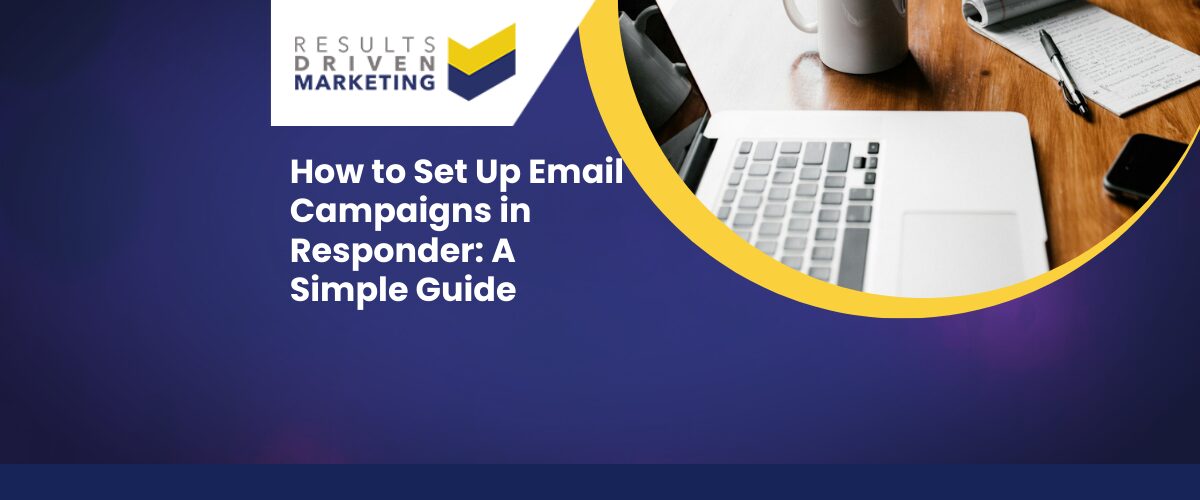
How Does GDPR Affect B2B Email Marketing
How does GDPR affect B2B email marketing? It’s a question many UK SMEs ask—especially if you’re using purchased data to fuel your cold email outreach.
Since GDPR came into force, the rules around who you can contact, how you contact them, and what data you store have become more complex. It’s no longer safe to assume that because you’re emailing businesses, you’re automatically exempt from data protection laws.
The truth is: GDPR does affect B2B marketing. But it doesn’t mean you have to stop using email—far from it. It just means understanding the lawful bases (like legitimate interest), following key compliance steps, and using clean, responsibly sourced data.
In this article, we’ll break down what GDPR means for your email campaigns, how to stay compliant without losing momentum, and why getting it right isn’t just about avoiding fines—it’s about building trust and better results.
Table of contents:
GDPR and B2B: What You Need to Know
Some business owners assume GDPR only applies to B2C data—but that’s a risky misconception. If your B2B email campaigns involve personal data (which includes a named contact at a business), GDPR applies.
Key GDPR Principles Relevant to Email
The key principles that apply to B2B email include:
-
Lawfulness, fairness, and transparency – You must clearly explain who you are, why you’re emailing, and give people the option to unsubscribe.
-
Purpose limitation – You can only use data for the purpose you collected it for.
-
Data minimisation – Only collect and store what’s necessary.
-
Accuracy – Outdated or incorrect data shouldn’t be used.
-
Storage limitation – Don’t keep data longer than you need it.
-
Integrity and confidentiality – Keep it secure and prevent misuse.
Personal vs Corporate Data
-
Generic emails (e.g. info@company.com) are usually outside GDPR’s scope.
-
Named contacts (e.g. john.smith@company.com) are covered, even in a business context.
If you’re using named business emails for sales or marketing, GDPR applies—meaning you need a lawful basis for every contact.
Lawful Basis for Emailing B2B Contacts
Under GDPR, you must have a lawful basis to send marketing emails to individuals—even in a B2B context. The two most relevant bases for email outreach are Legitimate Interest and Consent.
Legitimate Interest
Legitimate interest is the most commonly used lawful basis for B2B marketing. It allows you to email a business contact without prior consent if:
-
The contact is relevant to your offer (e.g. a marketing director about lead generation services)
-
You can demonstrate a clear benefit to them
-
You’ve completed a Legitimate Interest Assessment (LIA)
-
You offer a clear opt-out in every email
Note: Legitimate interest doesn’t mean “email anyone.” The contact must be relevant, and you must be transparent about your purpose.
Consent
In some cases, especially with sole traders or partnerships, consent is required:
-
You must have an active opt-in
-
You must keep records of how and when consent was given
-
Unsubscribes must be honoured immediately
While consent is safer legally, it’s harder to manage for cold outreach. That’s why many SMEs rely on legitimate interest—with the right safeguards in place.
How GDPR Impacts Your Campaigns in Practice
Understanding the rules is one thing—applying them to your email marketing is where it counts. Here’s how GDPR affects the day-to-day running of your B2B email campaigns.
Data Sourcing and Lawful Basis Documentation
You must know where your data came from, how it was gathered, and what lawful basis applies to each contact. If you’re using third-party data, ensure your supplier provides full transparency and CTPS checks for added safety.
Email Content: Identity, Purpose, Opt-Out
GDPR requires that:
-
You clearly state who you are (including company name and contact details)
-
You explain the purpose of your email
-
You include a simple, visible way to unsubscribe
These aren’t just legal requirements—they build trust and credibility.
Frequency and Relevance
Sending too frequently or with irrelevant offers increases your risk of spam complaints. GDPR encourages relevance and restraint—both of which improve performance.
Record-Keeping and Audit Readiness
Whether using consent or legitimate interest, you must:
-
Keep records of where data came from
-
Document any LIAs you’ve completed
-
Track unsubscribes and objections
-
Be ready to show this info if asked by regulators
These habits don’t just protect you—they improve your overall list hygiene and ROI.
Common Compliance Mistakes to Avoid
Even well-meaning businesses can fall foul of GDPR rules if the basics are overlooked. Here are the most common errors to watch for in B2B email marketing:
Using Lists Without a Documented Legal Basis
Purchasing or importing a list without knowing its source—or your reason for emailing—leaves you exposed. Always confirm the lawful basis (e.g. legitimate interest), and document it.
Sending Follow-Ups to Unengaged Recipients
If someone hasn’t opened or responded to your last 4–5 emails, continuing to message them increases your spam risk. GDPR encourages you to stop when there’s no engagement.
Ignoring Unsubscribe Requests or Bounce Handling
Failure to action opt-outs quickly is a direct GDPR violation. So is continuing to send to bounced or invalid addresses.
Failing to Review or Refresh Ageing Data
Data decays fast. If you’re using lists that haven’t been refreshed in 6–12 months, you could be contacting people who’ve changed roles—or left the business. That’s a risk for both compliance and results.
Fixing these mistakes doesn’t just protect you legally—it boosts your deliverability, engagement, and sales potential.
Best Practices for GDPR‑Safe B2B Email Marketing
Compliant B2B email marketing doesn’t mean dull or restricted—it just means doing things right, with respect and transparency. Here are key best practices to follow:
Conduct a Legitimate Interest Assessment (LIA)
If you’re relying on legitimate interest, complete an LIA to document:
-
Why the contact is relevant
-
What benefit they receive
-
How their rights are protected
Keep this on file in case of a query from the ICO.
Use Clear Identity and Purpose
Every email should state:
-
Who you are (company name and contact details)
-
Why you’re emailing them
-
How to opt out quickly and easily
Clarity builds trust—and it’s a legal requirement.
Offer Simple Unsubscribe Options
Make it obvious and friction-free to opt out. Don’t hide links or force unnecessary steps.
Monitor Engagement and Respect Objections
Track opens, clicks, and replies. Remove disengaged contacts after a set period, and never message someone who’s opted out—even in future campaigns.
Keep Up-to-Date Records
Store records of data source, date added, unsubscribe history, and basis for contact. This helps with internal reviews and shows due diligence if challenged.
By building GDPR compliance into your outreach process, you protect your business, improve response rates, and create a better experience for your prospects.
Why Choose Results Driven Marketing
At Results Driven Marketing, we know that navigating GDPR can be a headache for SMEs — especially when it comes to using purchased data for cold email campaigns.
Here’s why clients trust us with their B2B data needs:
-
GDPR-Conscious Data Sourcing
We only work with reputable UK data providers, ensuring all contacts are sourced and maintained in line with data protection law. You’ll know where your data came from — and that it’s safe to use. -
Lawful Basis Support
We help you understand and apply legitimate interest where appropriate, offering clear guidance and honest advice — not just a list. -
Clean, Structured, and Relevant Lists
Every list is checked against CTPS and enriched with the info your campaign needs: job title, company size, sector, and region. -
Tailored to SME Campaigns
Whether you’re emailing, calling, or doing both, our data is built to reduce waste, improve outreach, and keep you compliant.
Need help reviewing your data or planning a GDPR-safe campaign? Contact us for a no-pressure chat.
Final Thoughts
How does GDPR affect B2B email marketing? In short: it changes how you gather, use, and manage your contact data — but it doesn’t stop you from running effective campaigns.
If you’re clear about your lawful basis, respect opt-outs, and use accurate, responsibly sourced data, email can remain one of your most powerful marketing tools.
At Results Driven Marketing, we help UK SMEs make the most of B2B outreach — without falling foul of GDPR. Whether you’re unsure if your list is compliant or need better data to support your next campaign, we’re happy to help.
Contact us today for a free, honest assessment — or browse our email lists tailored to your sector and outreach strategy.
Results Driven Marketing
Helping UK SMEs go from bad data to more customers and profits.
📞 0191 406 6399
📍 Cobalt Business Exchange, Newcastle
🌐 rdmarketing.co.uk





